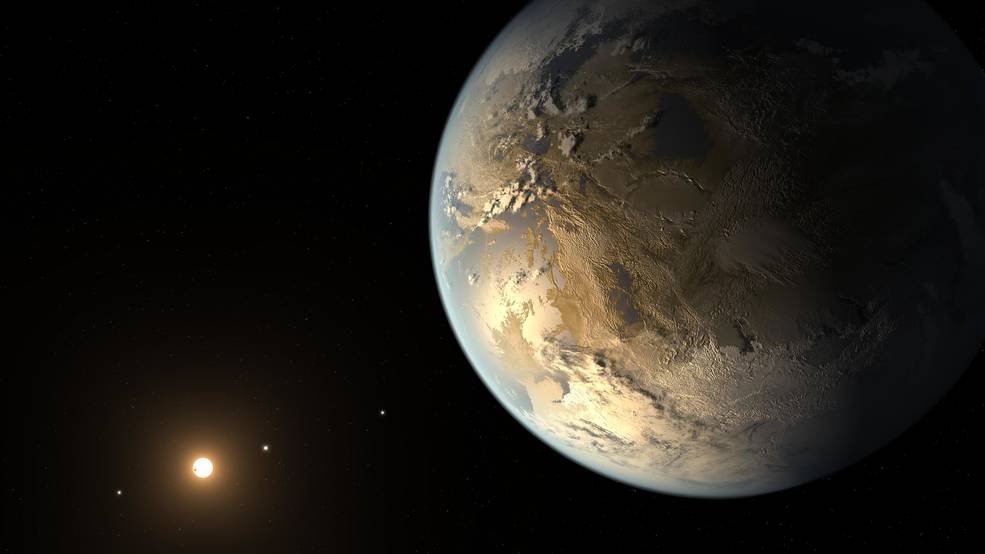The world around us is constantly surprising us. And, just when we think we know it all, we discover something new. The field of astrophysics has had many amazing discoveries over the past 25 years, some of which have completely changed the way in which we view the Universe. Scientists believed Newton’s mechanics held the answers to everything until the wave of natural light was discovered. We also believed Maxwell and his unified electromagnetism theory, until we were introduced to relativity and quantum mechanics. Never before has there been a better time to reveal the deepest mysteries of the Universe and below are five reasons why the 21st century will be the best yet for astrophysics.
1. Exoplanets: This century has seen the discovery of thousands of exoplanets out there. While many solar systems are different to ours, some are very similar. For the first time ever, astronomers have identified worlds where there is potentially life in existence. Many of these worlds could one day become a home for humans and the 21st century will see us exploring these options further.
Related Links; 20 Intriguing Exoplanets / NASA
2. Gravitational Waves: It was an exciting day in 2015 for astrophysics when we finally detected gravitational waves, thanks to the almighty LIGO. Detecting these ripples in space-time shows a whole new perspective of astrophysics in the Universe. Hopefully, with the right detectors in place, we’ll discover white dwarf inspirals and mergers, pulsar glitches, neutron star mergers, supermassive black holes eating up other masses, and maybe even the leftover gravitational wave signature from when the Universe first formed.
3. Neutrino Mass: Only recently did we discover that neutrinos can, in fact, oscillate from one type to another, and that’s because we’ve found they have mass! This means that neutrinos make up a fraction of dark matter, could be from a strange astrophysical state known as fermionic condensate, and may also be connected to dark energy. And if neutrinos have mass they may also be capable of enabling a new kind of nuclear energy.
4. The Higgs Boson: In early 2010 we discovered the Higgs particle and finally the Standard Model of elementary particles was complete. Gravitational force is so much weaker than the other fundamental forces, but why? Some possible solutions include extra dimensions, supersymmetry, or even that the Higgs is a composite particle. But as of yet, there is no evidence to support any of these theories. However, there must be something new out there. Whether it’s new particles, forces, or fields, all will have astrophysical and cosmological consequences.
5. The Accelerating Universe: Density and expansion are perfectly balanced in our Universe with thanks to dark energy. It also means that our Universe started accelerating around 8 billion years ago and hasn’t stopped since. New missions are in place that is aiming to measure dark energy once and for all and will allow us to define exactly how the universe is accelerating.
More News to Read
- Is Cryogenic Sleep the Best Option When Implementing Interstellar Traveling?
- Are Dwarf Planets the Key to Finding Alien Life?
- Intricate Brain Surgery Carried Out Successfully in Under 3 Minutes Thanks to this Robot
- How Nvidia’s Artificial Intelligence Will Team up With CCTV to Analyse Your Every Move
- NASA Considers Multiple Proposals for Unmanned Solar System Exploration











